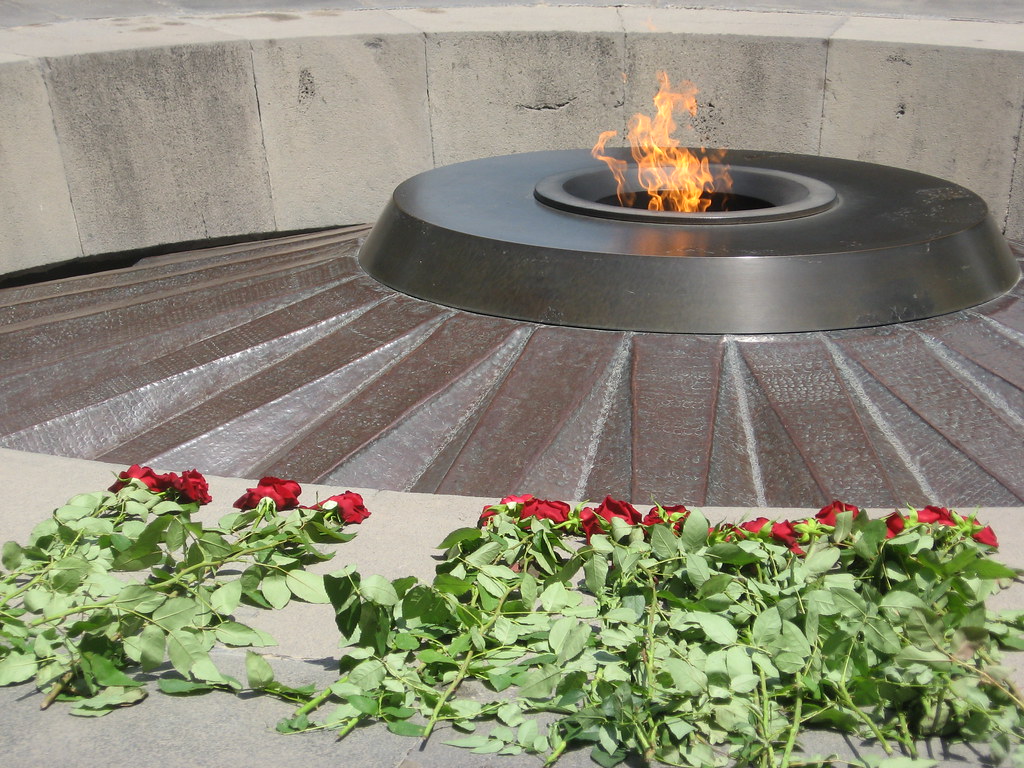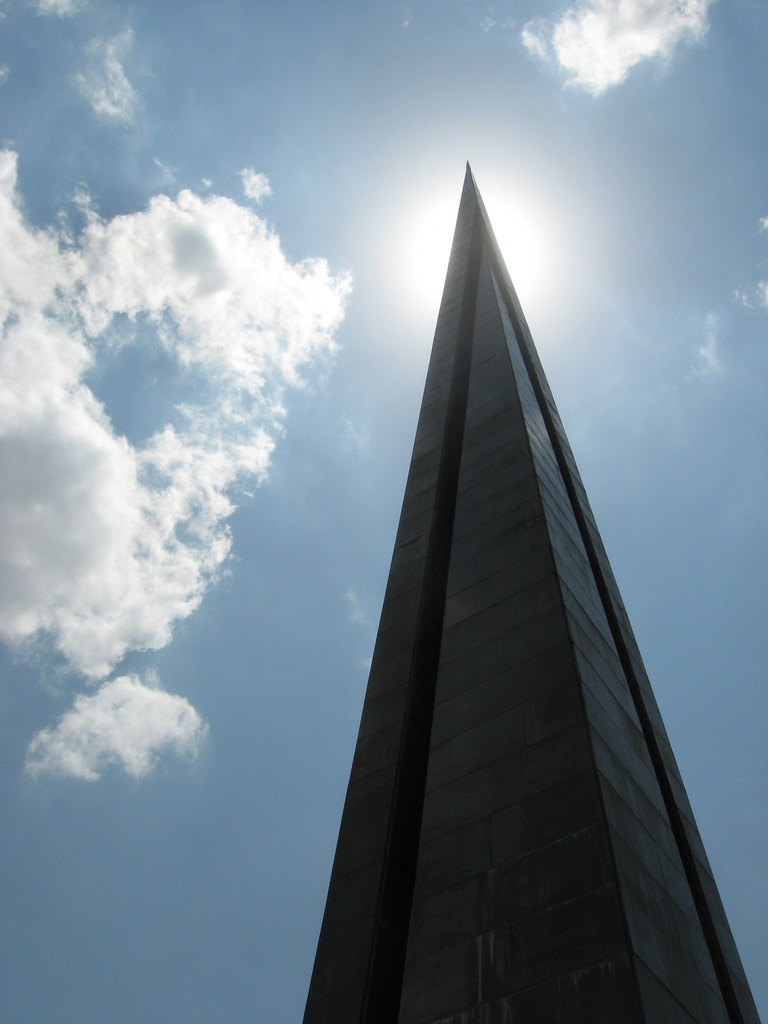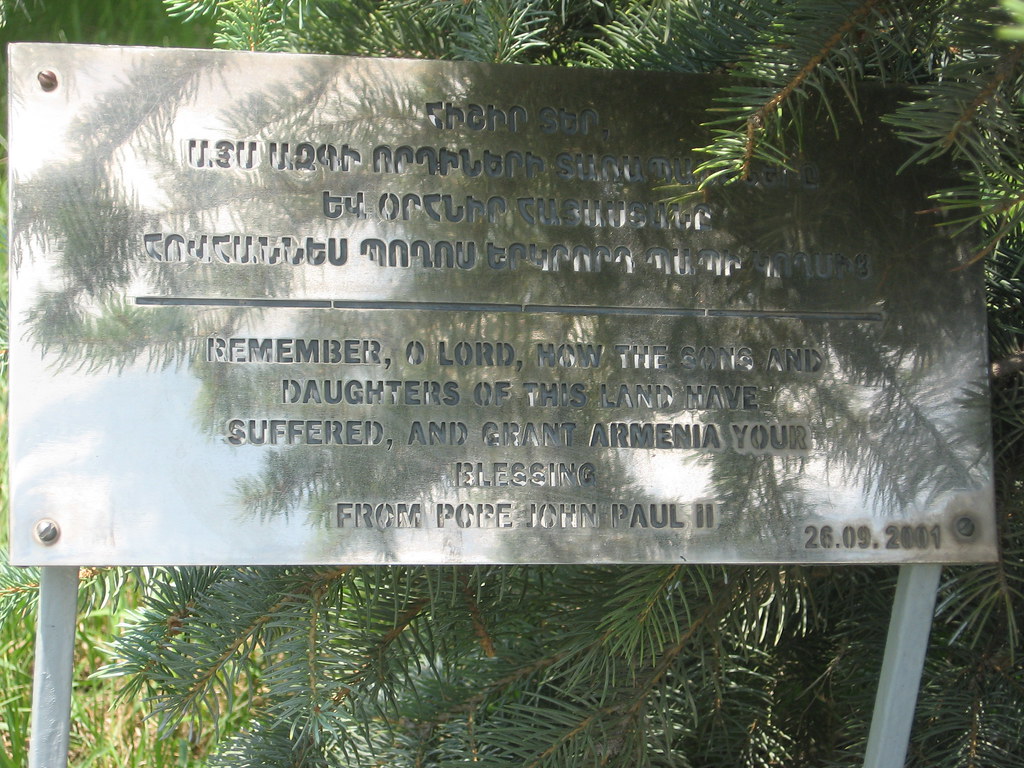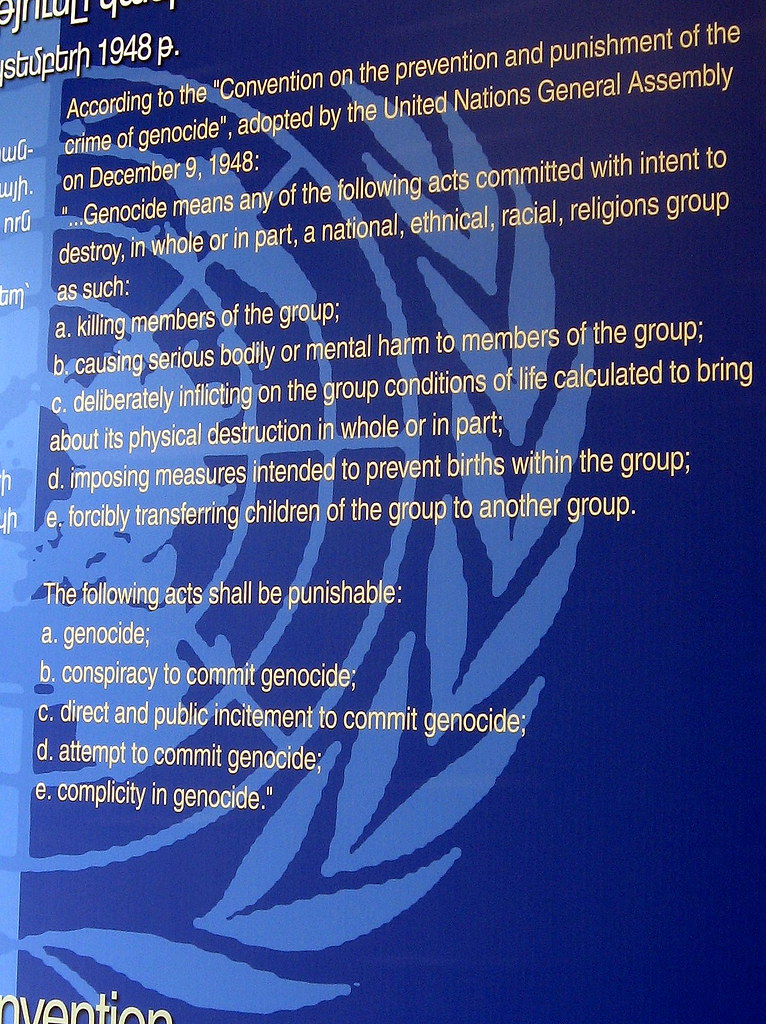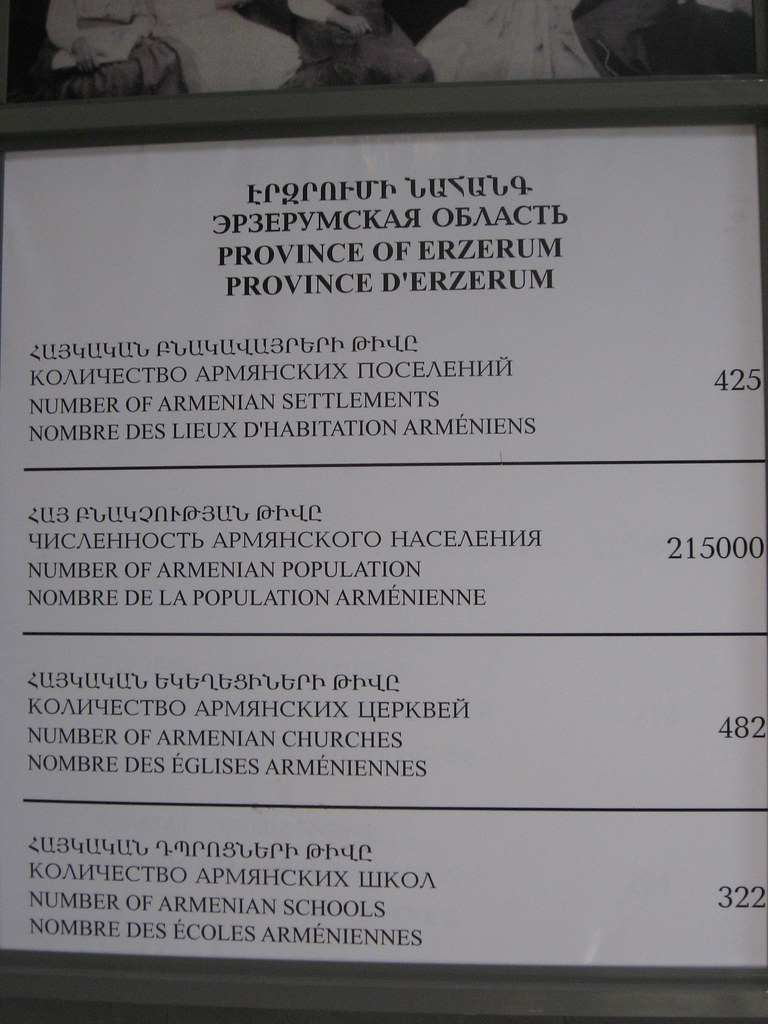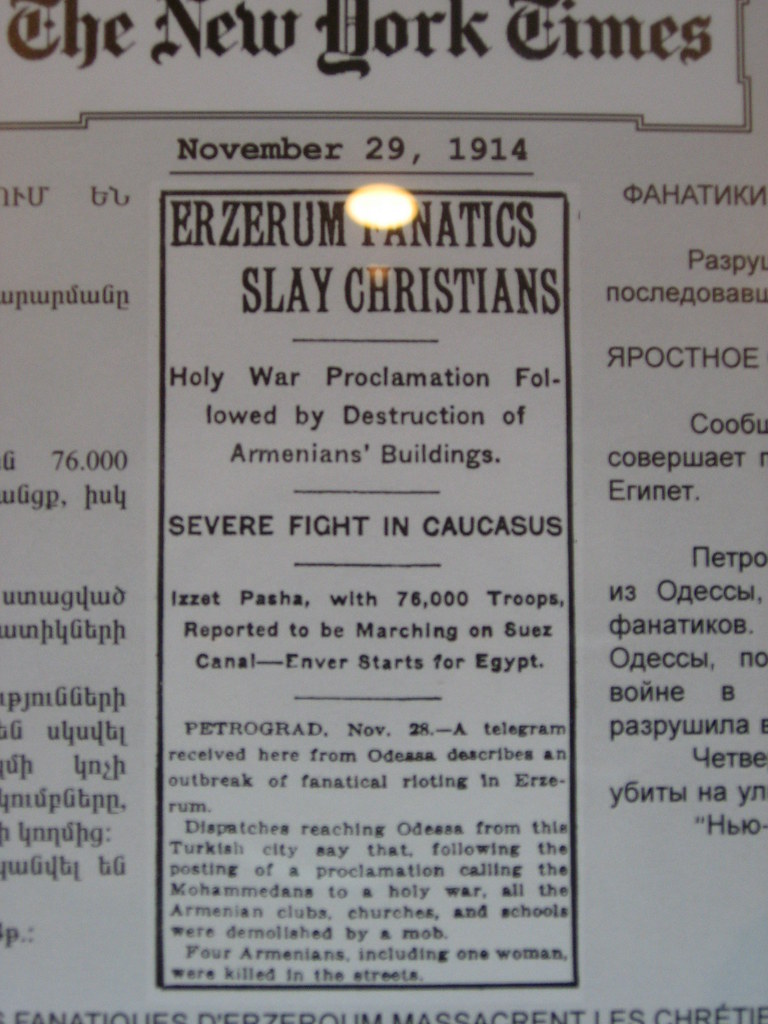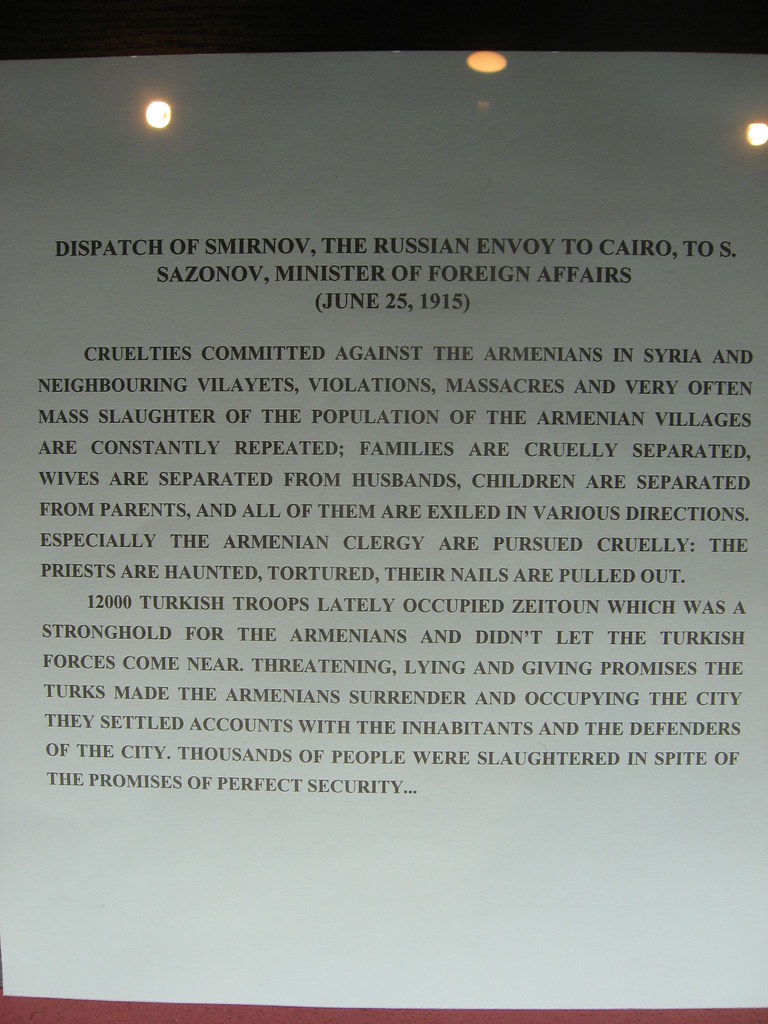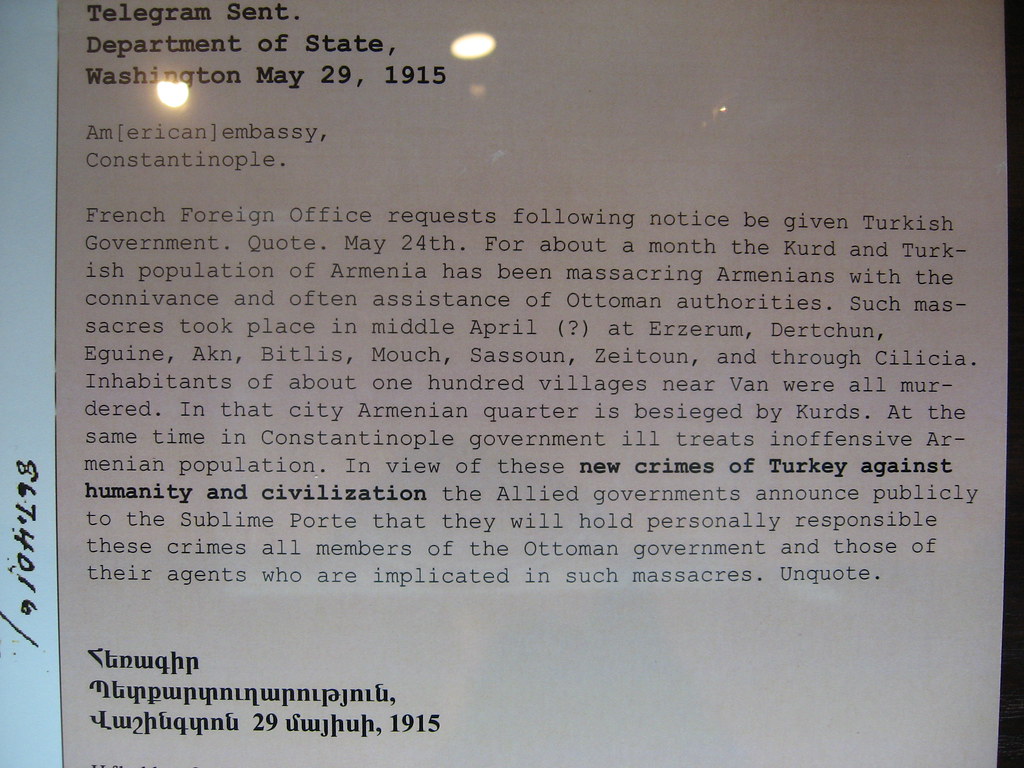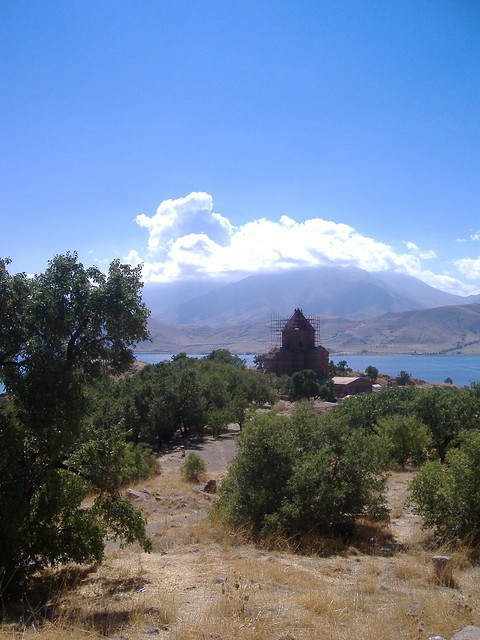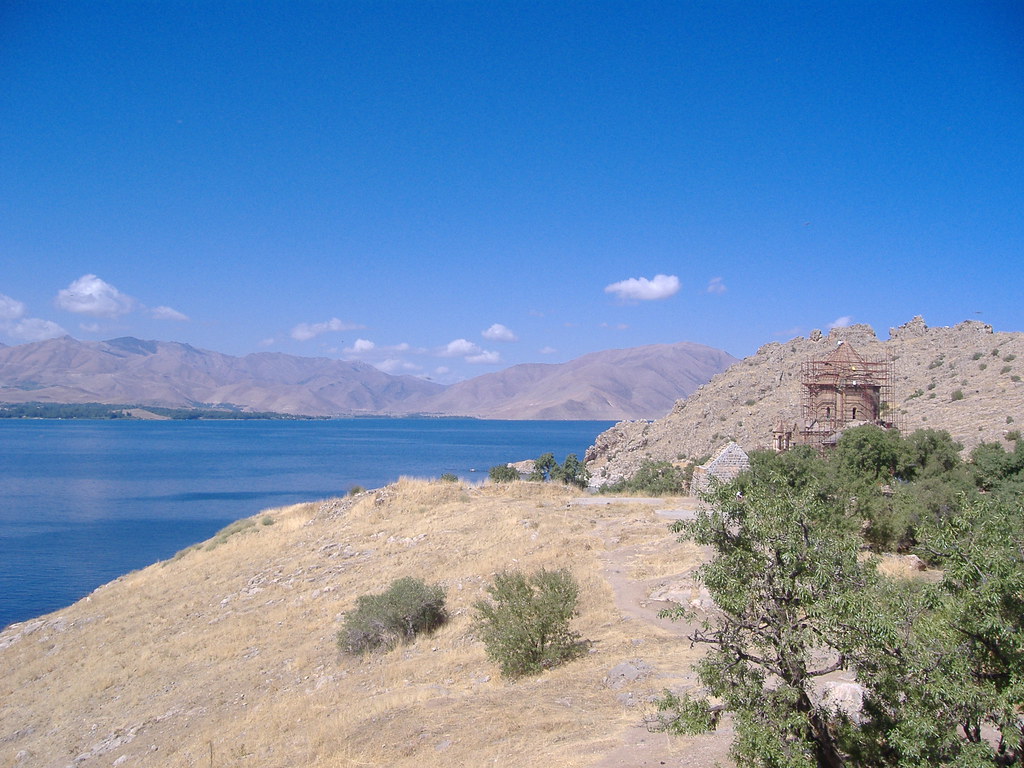‘Sherlock Holmes of Armenian Genocide’ Uncovers Lost Evidence
https://www.nytimes.com/2017/04/22/world/europe/armenian-genocide-turkey.html
For more than a century,
Turkey has denied any role in organizing the killing of Armenians in what historians have long accepted as a genocide that started in 1915, as World War I spread across continents. The Turkish narrative of denial has hinged on the argument that the original documents from postwar military tribunals that convicted the genocide’s planners were nowhere to be found.
Now, Taner Akcam, a Turkish historian at Clark University in Worcester, Mass., who has
studied the genocide for decades by piecing together documents from around the world to establish
state complicity in the killings, says he has unearthed an original telegram from the trials, in an archive held by the Armenian Patriarchate of Jerusalem.
“Until recently, the smoking gun was missing,” Mr. Akcam said. “This is the smoking gun.” He called his find “an earthquake in our field,” and said he hoped it would remove “the last brick in the denialist wall.”
The story begins in 1915 in an office in the Turkish city of Erzurum, when a high-level official of the Ottoman Empire punched out a telegram in secret code to a colleague in the field, asking for details about the deportations and killings of Armenians in eastern Anatolia, the easternmost part of contemporary Turkey.
Later, a deciphered copy of the telegram helped convict the official, Behaeddin Shakir, for planning what scholars have long acknowledged and Turkey has long denied: the organized killing of up to 1.5 million Armenians by the leaders of the collapsing Ottoman Empire, an atrocity widely recognized as the 20th century’s first genocide.
And then, just like that, most of the original documents and sworn testimony from the trials vanished, leaving researchers to rely mostly on summaries from the official Ottoman newspaper.
Mr. Akcam said he had little hope that his new finding would immediately change things, given Turkey’s ossified policy of denial and especially at a time of political turmoil when its president, Recep Tayyip Erdogan, has turned more nationalist.
But Mr. Akcam’s life’s work has been to puncture, fact by fact, document by document, the denials of Turkey.
“My firm belief as a Turk is that democracy and human rights in Turkey can only be established by facing history and acknowledging historic wrongdoings,” he said.
The gutted and abandoned interior of an Armenian monastery, north of Diyarbakir, Turkey, which, according to locals, is now used to house livestock. Credit Bryan Denton for The New York Times
He broadened his point to argue that much of the chaos gripping the Middle East today was a result of mistrust between communities over historical wrongdoings that no one is willing to confront.
“The past is not the past in the Middle East,” he said. “This is the biggest obstacle to peace and stability in the Middle East.”
Eric D. Weitz, a history professor at the City College of New York and an expert on the Armenian genocide, called Mr. Akcam “the Sherlock Holmes of Armenian genocide.”
“He has piled clue upon clue upon clue,” Professor Weitz added.
Exactly where the telegram was all these years, and how Mr. Akcam found it, is a story in itself. With Turkish nationalists about to seize the country in 1922, the Armenian leadership in Istanbul shipped 24 boxes of court records to England for safekeeping.
The records were kept there by a bishop, then taken to France and, later, to Jerusalem. They have remained there since the 1930s, part of a huge archive that has mostly been inaccessible to scholars, for reasons that are not entirely clear. Mr. Akcam said he had tried for years to gain access to the archive, with no luck.
Instead, he found a photographic record of the Jerusalem archive in New York, held by the nephew of a Armenian monk, now dead, who was a survivor of the genocide.
While researching the genocide in Cairo in the 1940s, the monk, Krikor Guerguerian, met a former Ottoman judge who had presided over the postwar trials. The judge told him that many of the boxes of case files had wound up in Jerusalem, so Mr. Guerguerian went there and took pictures of everything.
The telegram was written under Ottoman letterhead and coded in Arabic lettering; four-digit numbers denoted words. When Mr. Akcam compared it with the known Ottoman Interior Ministry codes from the time, found in an official archive in Istanbul, he found a match, raising the likelihood that many other telegrams used in the postwar trials could one day be verified in the same way.
For historians, the court cases were one piece of a mountain of evidence that emerged over the years — including reports in several languages from diplomats, missionaries and journalists who witnessed the events as they happened — that established the historical fact of the killings and qualified them as a genocide.
Turkey has long resisted the word genocide, saying that the suffering of the Armenians had occurred during the chaos of a world war in which Turkish Muslims faced hardship, too.
Tripods used for hanging people during the Armenian genocide that started in 1915. Credit Culture Club/Getty Images
Turkey also claimed that the Armenians were traitors, and had been planning to join with Russia, then an enemy of the Ottoman Empire.
That position is deeply entwined in Turkish culture — it is standard in school curriculums — and polling has shown that a majority of Turks share the government’s position.
“My approach is that as much proof as you put in front of denialists, denialists will remain denialists,” said
Bedross Der Matossian, a historian at the University of Nebraska and the author of
“Shattered Dreams of Revolution: From Liberty to Violence in the Late Ottoman Empire.”
The genocide is commemorated each year on April 24, the day in 1915 that a group of Armenian notables from Istanbul were rounded up and deported.
It was the start of the enormous killing operation, which involved forced marches into the Syrian desert, summary executions and rapes.
Two years ago, Pope Francis
referred to the killings as a genocide and faced a storm of criticism from within Turkey. Many countries, including France, Germany and Greece, have recognized the genocide, each time provoking diplomatic showdowns with Turkey.
The United States has not referred to the episode as genocide, out of concerns for alienating Turkey, a NATO ally and a partner in fighting terrorism in the Middle East. Barack Obama used the term when he was a candidate for president, but he refrained from doing so while in office.
This year, dozens of congressional leaders have signed a letter urging President Trump to recognize the genocide.
But that is unlikely, especially after Mr. Trump recently congratulated Mr. Erdogan for
winning expanded powers in a referendum that critics say was marred by fraud.
Mr. Shakir, the Ottoman official who wrote the incriminating telegram discovered by Mr. Akcam, had fled the country by the time the military tribunal convicted him and sentenced him to death in absentia.
A few years later, he was gunned down in the streets of Berlin by two Armenian assassins described in an
article by The New York Times as “slim, undersized, swarthy men lurking in a doorway.”




